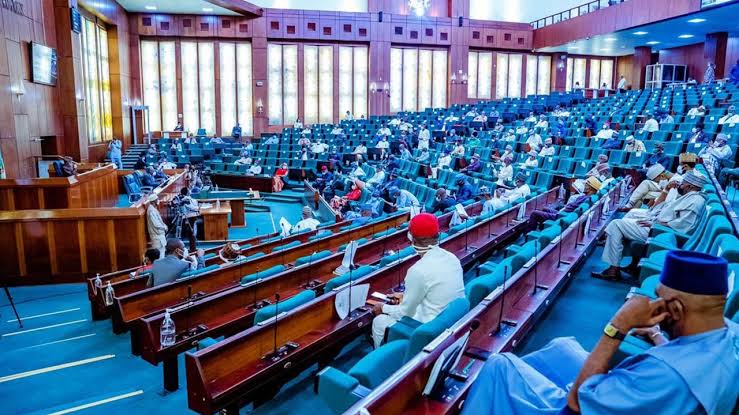The House of Representatives has taken steps to ensure the promotion of sustainable practices and green projects in government Ministries, Departments and Agencies (MDAs), and other entities.
Consequently, the Green Chamber urged the National Climate Council to enforce the requirement for all MDAs and companies to have a sustainability plan and effectively implement it.
They also mandated the Committees on Climate Change, Renewable Energy, Environment, and Ecological Fund to work with the executive to educate citizens, companies, and MDAs to embrace sustainable practices in the design and execution of its projects and programmes.
These resolutions were a sequel to the adoption of a motion by Hon. Daniel Amos (PDP, Kaduna) at the plenary on Tuesday.
Moving the motion, Amos noted that the Sustainable Practices and Green Projects Initiative focus on conservation, afforestation drives, renewable energy adoption, waste reduction, ecosystem restoration, and waste recycling programmes tailored to the country’s local context.
He said Nigeria was a signatory to the 2015 UN Climate Change Conference (COP21) Paris
An agreement, ratified in 2017 and formulated its Nationally Determined Contributions (NDCs), announced its net-zero commitment by 2060 in 2021, following the enactment of the Climate Change Act.
Amos said carbon credits represent one metric ton of carbon dioxide (Co2) or greenhouse gas
(GHG) emissions removed from the atmosphere and the global value of the voluntary carbon market was estimated at $2 billion in 2022. It is widely expected to grow by at least 15 by 2030.
The lawmaker stated that these credits motivate companies and organisations to engage in activities that benefit the climate by reducing or preventing emissions.
He disclosed that the African Carbon Market Initiative predicted Nigeria could generate over $500 million annually by 2030, supporting over three million Nigerian jobs through this industry.
Amos disclosed that; “Investments in sustainable green projects will create jobs, stimulate innovation, and contribute to Nigeria’s economic development, an estimate of resources pledged to major climate change advocacy organisations such as the Green Climate Fund, the Global Environment Facility, the Adaptation and the Climate Investment Funds puts the total value of Green Funds at $23 billion for 2024.
“This excludes other sources of finance, such as bilateral and multilateral aid, private sector
investment, and domestic resources…encouraging green practices is crucial for a sustainable future for Nigerians and for fulfilling domestic and international climate obligations.
“Integrating green projects into government operations can contribute to global goals and reap economic and environmental benefits through commitment, coordination, and a long-term vision.”
Adopting the motion, the House mandated its Committee on Appropriation to work with the Ministry of Budget and Planning to incentivise MDAs to adopt sustainable practices to ensure that those with sustainable practices and carbon credit potentials are given additional funding above their budget envelopes with effect from the 2025 budget.





